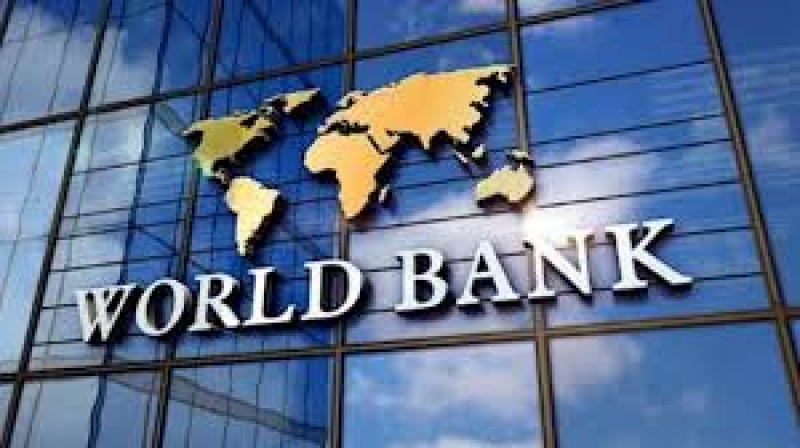- India Sees 9% Drop in Foreign Tourists as Bangladesh Visits Plunge |
- Dhaka Urges Restraint in Pakistan-Afghan War |
- Guterres Urges Action on Safe Migration Pact |
- OpenAI Raises $110B in Amazon-Led Funding |
- Puppet show enchants Children as Boi Mela comes alive on day 2 |
WB OKs $250M to Boost Transparency in Bangladesh

The World Bank’s Board of Executive Directors has approved $250 million financing to strengthen public sector performance in Bangladesh by promoting transparency, accountability, and efficiency across key government agencies.
The Strengthening Institutions for Transparency and Accountability (SITA) Project will support ongoing reforms to modernise vital public sector functions including data transparency, domestic revenue mobilization, public investment management, procurement, and financial oversight, the World Bank said in a statement.
The project will enhance governance structures and capacities in five major agencies: Bangladesh Bureau of Statistics, National Board of Revenue, Planning Division, Bangladesh Public Procurement Authority, and the Office of the Comptroller and Auditor General.
It aims to streamline operations, improve service delivery, and provide better access to reliable public statistics crucial for transparent decision-making and policymaking. The initiative will also modernize tax administration to boost compliance and revenue mobilization, ensuring fiscal sustainability, it said.
Besides, the project will develop the next generation of electronic government procurement (e-GP) and expand its coverage while strengthening and digitizing public audit functions.
"The investment will leverage digitization of business processes to help improve transparency and reduce corruption, by supporting Bangladesh in modernizing public institutions capable of serving an emerging economy,” said Gayle Martin, World Bank Interim Country Director for Bangladesh.
"This project will help improve the quality and accessibility of public services and thus enhance public trust in government institutions.”
The Government of Bangladesh and the World Bank are also preparing a development policy credit scheduled for the World Bank Board discussion later this month, which would support transparency and accountability in domestic revenue mobilization, the banking sector, data production and dissemination, public investment management and procurement, audit and accountability, and the delivery of social programs.
The SITA project will complement these activities and help build institutional capacity necessary for the implementation of these important reforms.
“By taking a holistic approach covering five critical public institutions, the project will boost government effectiveness, which is a key ingredient for sustainable economic growth,” said Souleymane Coulibaly, World Bank Lead Country Economist and Task Team Leader for the project, reports UNB.
“This project and the proposed development policy credit would be complementary and provide the government both the necessary hardware and software for improving public financial management and public service delivery.”

